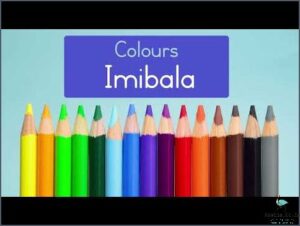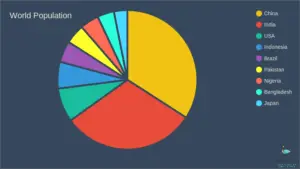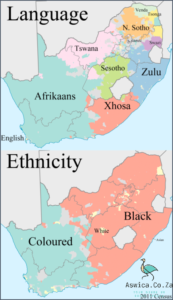
South African languages and culture refer to the linguistic and cultural traditions of South Africa. The country is home to a diversity of languages and cultures, which have been shaped by its history and geography.
The Constitution of South Africa recognizes 11 official languages, which are used in government and education: Afrikaans, English, isiNdebele, isiXhosa, isiZulu, Sepedi, Sesotho, Setswana, siSwati, Tshivenda, and Xitsonga. These languages represent the diversity of South Africa’s people, who come from a variety of backgrounds.
South African culture is also diverse, with influences from the country’s history and geography. The country has a rich tradition of art, music, and dance, as well as a variety of cuisines.
South Africa is a multi-cultural society, and its people are united by a common set of values. These values include respect for human rights, equality, and a commitment to democracy.
Contents
South African Languages And Culture
South Africa is a diverse and vibrant country with 11 official languages and a variety of cultures. It is one of the few countries in the world that has such a huge range of languages and cultures. The most widely spoken language is isiZulu, followed by Afrikaans, English, Sepedi, Setswana, and Xhosa. Each language has its own unique characteristics, and many people in South Africa are bilingual or multilingual. South African culture is also a mix of many cultures, including African, British, Dutch, and German influences. Music, art, dance, and food are all important aspects of South African culture, and each contributes to the country’s unique cultural identity.
History of South African Languages
The history of South African languages is a complex and fascinating one, full of intermingling, development and adaptation. South Africa is home to an incredibly diverse range of languages and cultures, with over 11 official languages and a further 25 indigenous languages spoken within its borders. Despite the vast range of languages present in South Africa, the majority of the population speaks either isiZulu, isiXhosa, Afrikaans or Sepedi as a first language. Each of these languages has a rich and diverse history, with many of them being descended from the original languages of the indigenous peoples of the region.
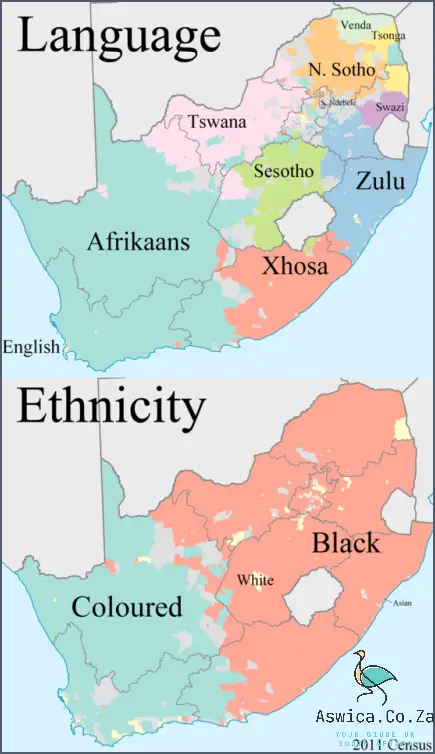
The original languages of South Africa were those of the Khoisan people, a group of hunter-gatherers who had lived in the region for thousands of years prior to the arrival of Europeans. These languages were highly complex and could be divided into two distinct linguistic families – the Khoe and the San. The Khoe languages were spoken in the western, northern and eastern parts of South Africa, while the San languages were spoken in the desert regions of the country. These languages were spoken until the 18th century, when the arrival of Europeans began to have a drastic impact on the linguistic landscape of the region.
Many of the indigenous languages of South Africa have been heavily influenced by the European languages of Dutch, French and English, as well as by the languages of immigrants from elsewhere in Africa and the world. As a result, many of the indigenous languages of South Africa have undergone considerable changes in their structure, vocabulary and pronunciation. For example, the isiZulu language has been heavily influenced by the Dutch language, while the isiXhosa language has been influenced by the English language.
The history of South African languages is one of constant change and adaptation. As the population of South Africa has grown and diversified over the centuries, so too has the language. As a result, the country is now home to a vast array of languages, all of which play an important role in the culture of the nation.
Major Ethnic Groups and their Languages
South Africa is a country of incredible cultural diversity, with 11 official languages, a variety of ethnicities, and a rich cultural history. South African languages and culture are closely intertwined and reflect the country’s unique position as a melting pot of different cultures.
The 11 official South African languages are Afrikaans, English, Ndebele, Northern Sotho, Sesotho, Swazi, Tsonga, Tswana, Venda, Xhosa, and Zulu. These languages are all derived from the Bantu languages, which were brought to the region by migrating Bantu people. Afrikaans, in particular, evolved from Dutch and is the most widely spoken language in South Africa.
South Africa is also home to a variety of ethnic groups. The largest ethnic group is the Zulu, who make up 22.7% of the population. They are followed by the Xhosa, who make up 16.0%, and the Northern Sotho, who make up 9.1%. Other major ethnic groups include the Tsonga, Swazi, Tswana, and Venda.
Each ethnic group has its own culture and language, as well as its own set of customs and beliefs. For example, the Zulu are known for their vibrant traditional dance, music, and dress. The Xhosa are known for their beadwork and traditional pottery. The Northern Sotho are known for their distinctive style of basketry.
South Africa is also home to a number of other languages, including English and Afrikaans, which are widely spoken. English is the language of government and business, and is the most widely used language in the media. Afrikaans is spoken by many South Africans and is the language of instruction in some schools.
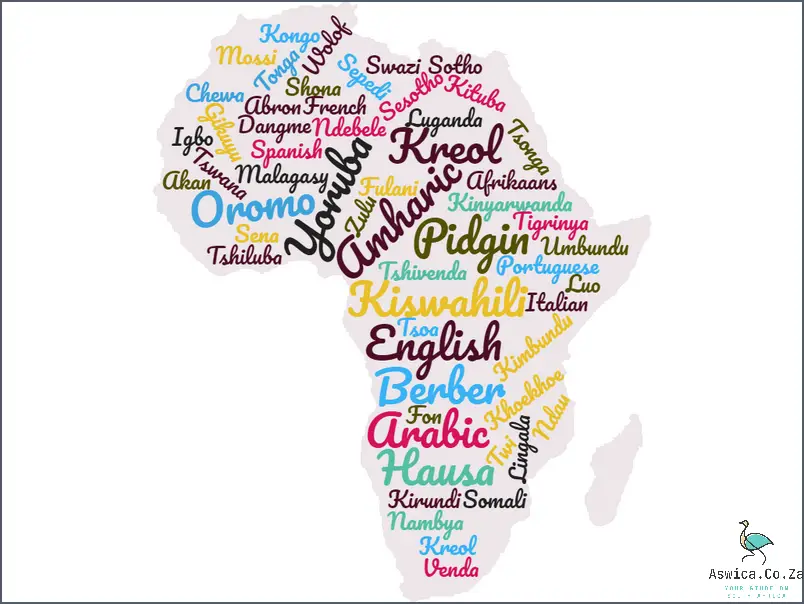
South African languages and culture are incredibly diverse and dynamic. With 11 official languages and a variety of ethnic groups, South Africans are united by a deep sense of pride in their heritage and culture.
Popular South African Traditions and Celebrations
South African culture is as rich and diverse as the country itself. With 11 official languages and countless other dialects, the culture is deeply rooted in both African and European traditions. From the traditional cuisine to the vibrant music, South African culture is a unique blend that celebrates diversity and shared values. Here, we’ll explore some of the country’s most popular traditions and celebrations.
One of the most celebrated South African traditions is the braai, or barbecue. This is a time when friends and family gather to share food, drinks, and stories. Braais often take place in the late afternoon or early evening and can last for hours. Meats such as boerewors (sausage) and steaks are popular choices, as well as grilled vegetables and pap (maize porridge).
Another important South African tradition is the Umhlanga or Reed Dance, an annual event held in honor of young women. During the ceremony, teenage girls from the Swazi nation perform traditional dances and songs in full traditional attire. The celebration serves to honor the girls’ transition into womanhood and is an important part of Swazi culture.
The South African music scene is equally diverse and vibrant. From traditional African rhythms to modern pop and hip-hop, South African music has something for everyone. Popular genres include Kwaito, Maskandi, and Mbaqanga, as well as other contemporary styles such as Afro-pop and House music.
Finally, South Africans are known for their vibrant art scene. From traditional art forms such as beadwork and leatherwork to modern art galleries and sculpture parks, there’s something for everyone. South African art often explores themes of identity, politics, and culture and is celebrated around the world.
South African traditions and celebrations are vibrant and varied. From the braai to the Umhlanga, South African culture celebrates diversity and shared values. Whether it’s through music, art, or traditional ceremonies, South African culture is sure to delight and inspire.
Conclusion
In conclusion, South African languages and culture are incredibly varied and diverse. There are 11 official languages in South Africa and numerous other languages spoken throughout the country. South African culture is a combination of many different ethnic and cultural influences, including the African, European and Asian influences that have shaped the country. South Africa is a multi-cultural society and this is reflected in its languages and cultures. South African languages and culture are of immense value to the country, and it is essential that they are protected and maintained.

